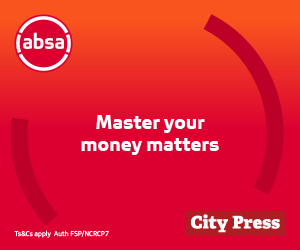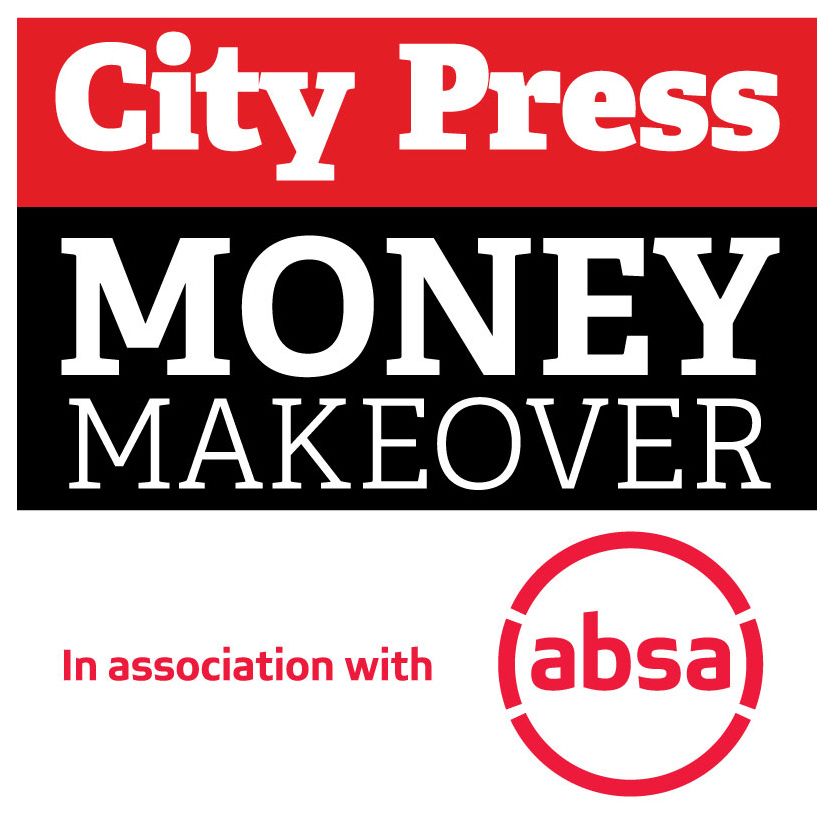How To Stop The Debt Cycle
As households struggle to make ends meet, they turn to credit to meet the shortfall – a short-term solution that results in greater financial pressure...
A strong theme that emerged in Money Makeover this year was the extent to which applicants have accelerated debt in a short period of time. This is driven by the rising cost of living and increasing interest rates.
As households struggled to make ends meet, they turned to credit to meet the shortfall. This is a very short-term solution that results in greater financial pressure once those debts need to be repaid.

As medical technician Zihle explains:
“I used debt to try to fix my situation. My mom passed away just after I started working and I had to support my sisters. I thought I could fix it with time. I started with a small loan, but it just gets bigger and bigger.”
Product specialist Mlibokazi found herself under pressure to help her family once she started working at a bank. This is not an uncommon situation for bank employees who face expectations to use loans with favourable rates to assist family.
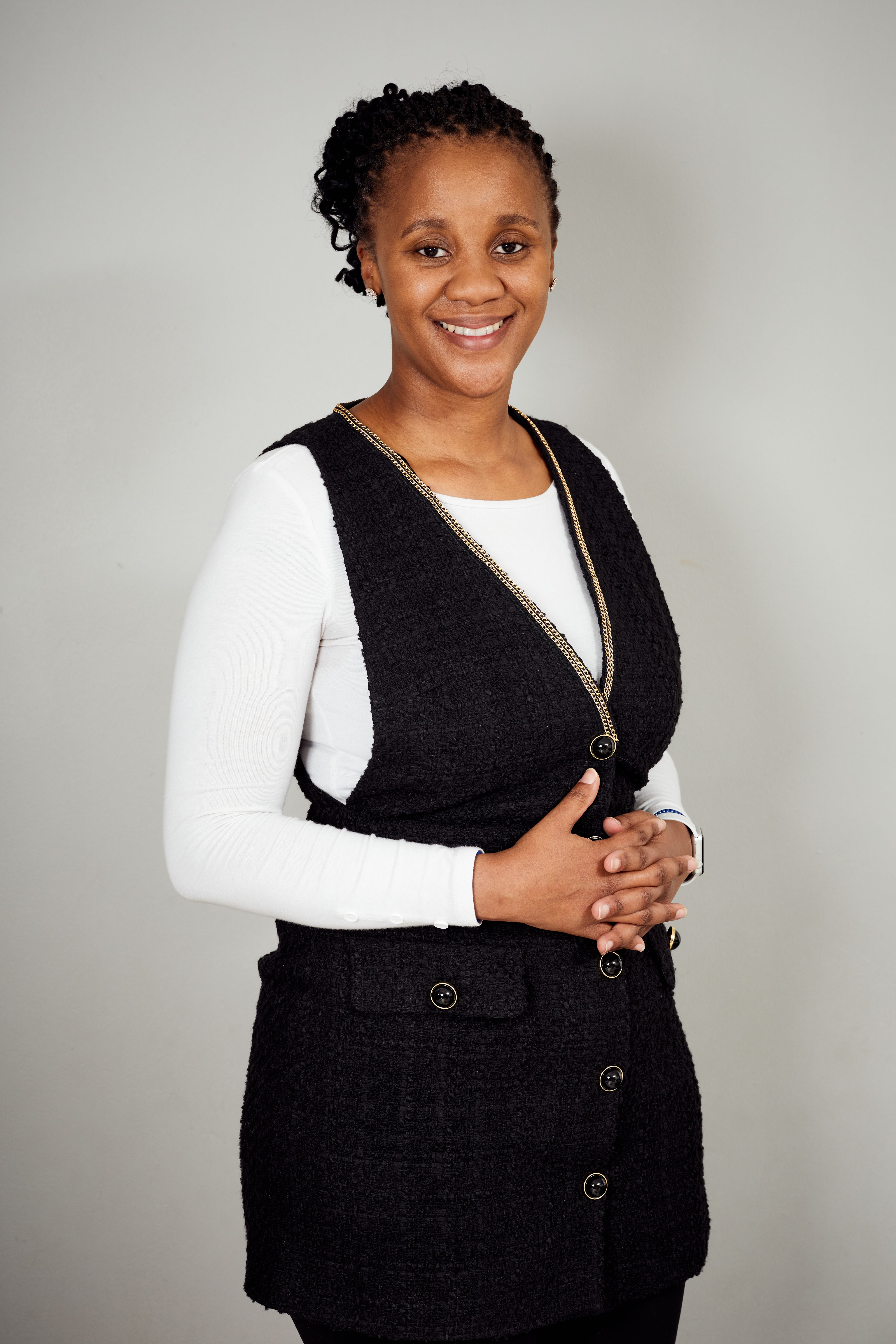
“I bought a lot of things for my family in the Eastern Cape. Then I had three major events that required money quickly. I would get a favourable interest rate but didn’t realise how much it was. It creeps up on you and now I am drowning”.
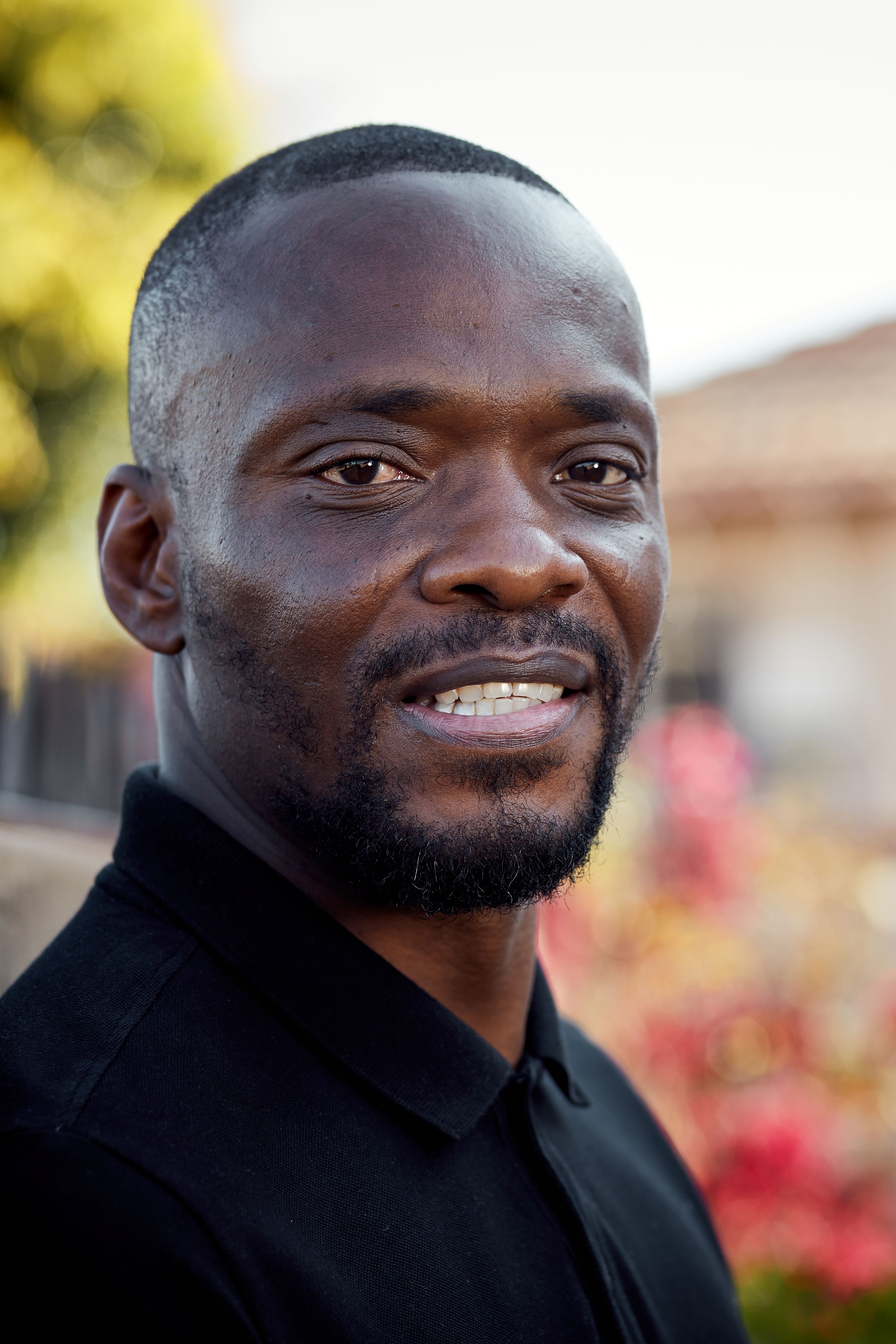
For start-up entrepreneur Sello, debt has been a way for him to fund his business. This can be a good use of credit to create the potential for an additional income. However, too much debt starts to impact on other financial needs. With rising interest rates, the debt became unaffordable.
“In 2022 I got a personal loan from Absa to purchase machinery for the business. I got other smaller loans elsewhere, but they could only cover so much. Now I am under pressure because I have kids in school, a home loan, car finance and all other family financial responsibilities, including servicing the loans I took,” explains Sello.

Debt Repayment Strategy
Debt consolidation
If you have multiple loans with high interest rates, one option is to consider debt consolidation, which is not to be confused with debt review.
Debt consolidation is when the bank issues a single loan to settle all your loans and you only need to make one repayment. This could reduce the interest rate and admin fees on the different loans.
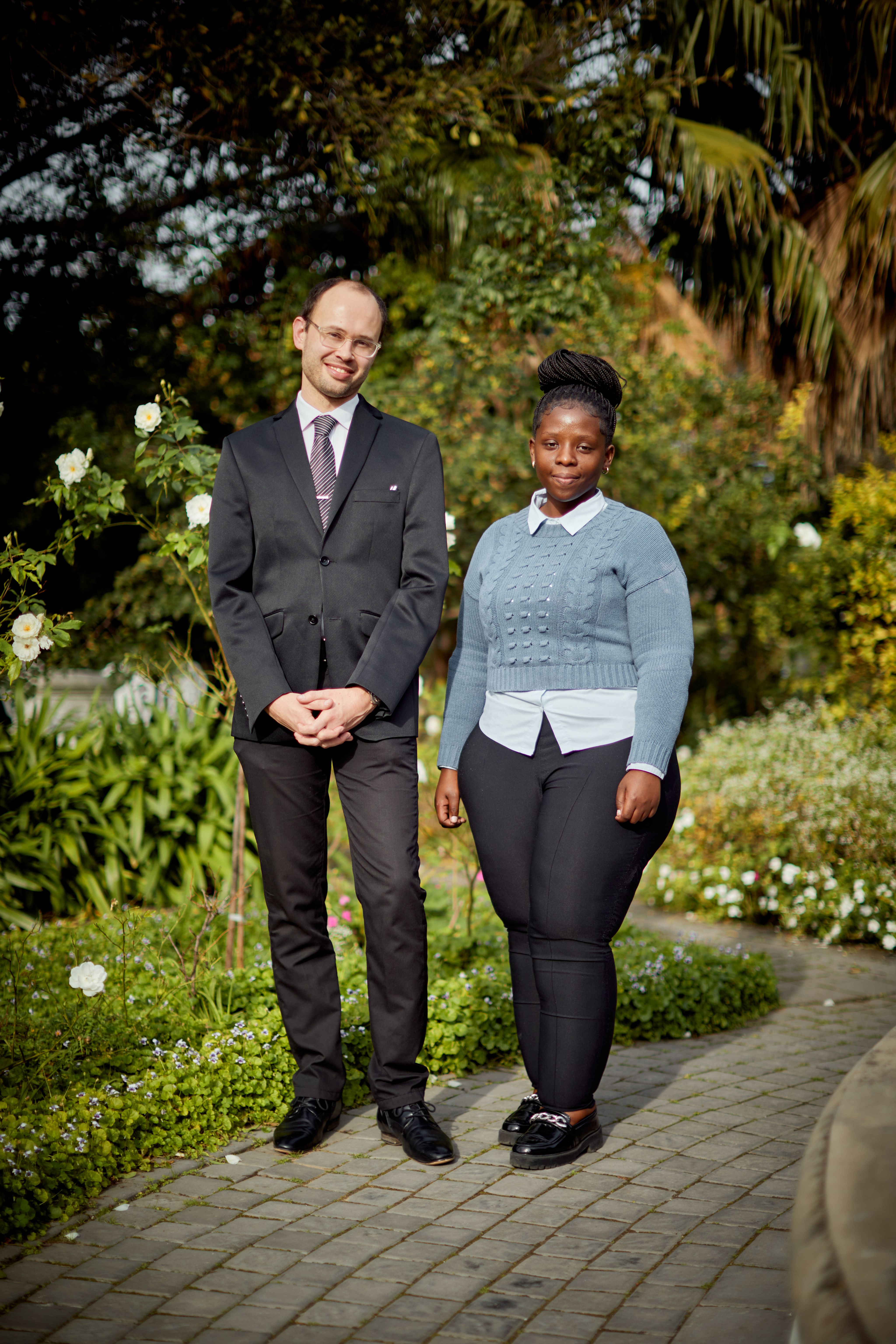
Although Zihle’s financial adviser Anton Battiss considered debt consolidation, she did not qualify. When applying for debt consolidation, the bank must assess your affordability and you cannot be in arrears. If your existing loans have several years before they will be paid off, it is unlikely debt consolidation will benefit you.
While debt consolidation loans can possibly reduce the cost of the loan, one must be very careful about taking on additional debt. In some cases, the credit provider may offer a loan greater than the amount required to settle the remaining debt. There is a temptation to take this additional amount to “make ends meet”. This is a mistake Zihle made previously when she converted a credit facility into a personal loan. Now she will have to approach her debt repayment plan one step at a time.
The snowball debt payment method
Mlibokazi, like Zihle, will use the snowball method to pay off her debt, starting with the smallest debt first. By cutting expenses, which includes renting a less expensive home, Mlibokazi will have R5 000 available to start targeting debt repayments. She will first target her credit card debt. Once she has paid off her credit card, by November 2023, she will tackle her two personal loans, starting with the smallest one first.
According to her financial adviser Khathutshelo Ravele, by using her stokvel payout later this year and committing surplus funds, Mlibokazi should be debt-free by the end of 2025.
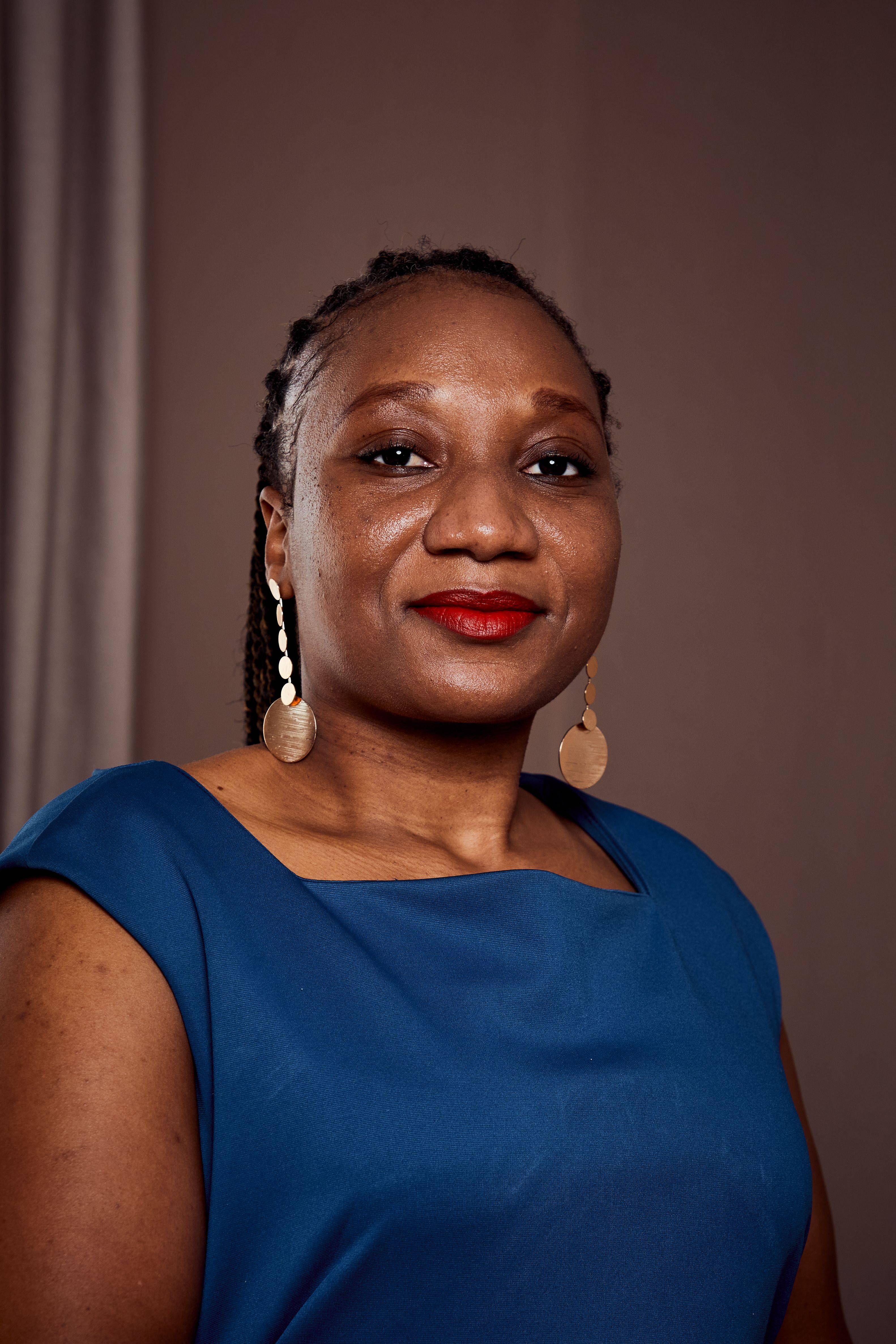
The benefit of targeting the smallest debt first is that you have quick wins early on. This gives you a psychological boost to keep on track. Mlibokazi must ensure she closes the credit facilities once they are paid off. Mlibokazi could keep her credit card but reduce the credit limit to a smaller amount that is manageable and which she can pay off in full each month.
Using extra income to settle debt
Sello is looking for opportunities with which he can use his skills to find extra income, such as freelance writing. His Absa adviser Philander Tshivhenga says Sello has earmarked any extra income exclusively for debt repayment.
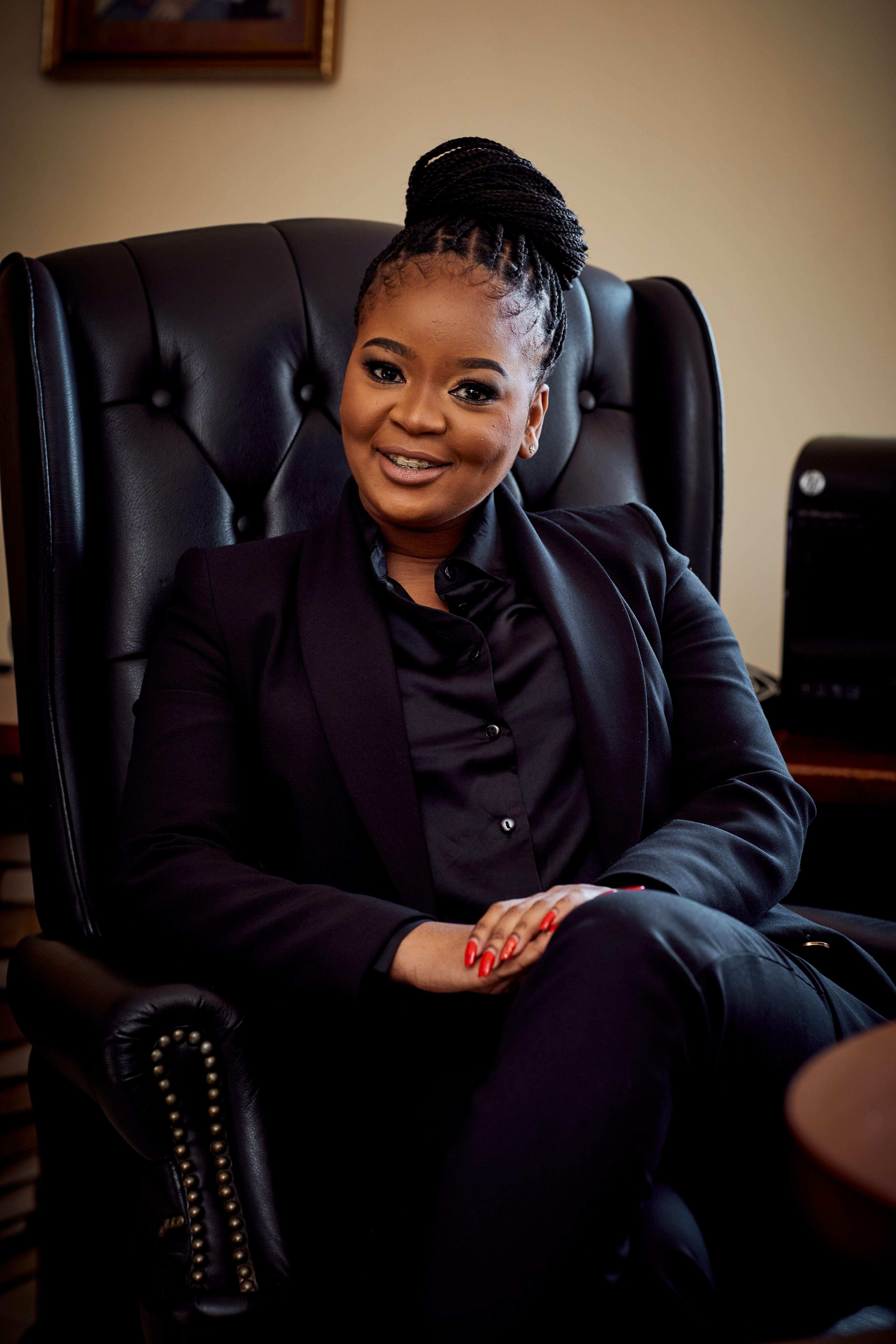
Like Mlibokazi, Sello will use the snowball method and target his smallest debt first.
“This is because I will find it easier to get funds to settle the smallest amounts and I know that, when I have settled them, I will have spare cash available which I can use to increase repayments on other loans.”
Sello has already settled one of his smallest loans and is now focusing on his credit card and then his smaller personal loan. By using additional funds and his 13th cheque in December, Sello plans on having both his credit card and personal loan settled by January 2024. He will then be able to focus on his larger personal loan which should be settled by July 2024.

When To Consider Debt Review
Johan Took A Drastic Step To Achieve His Goal
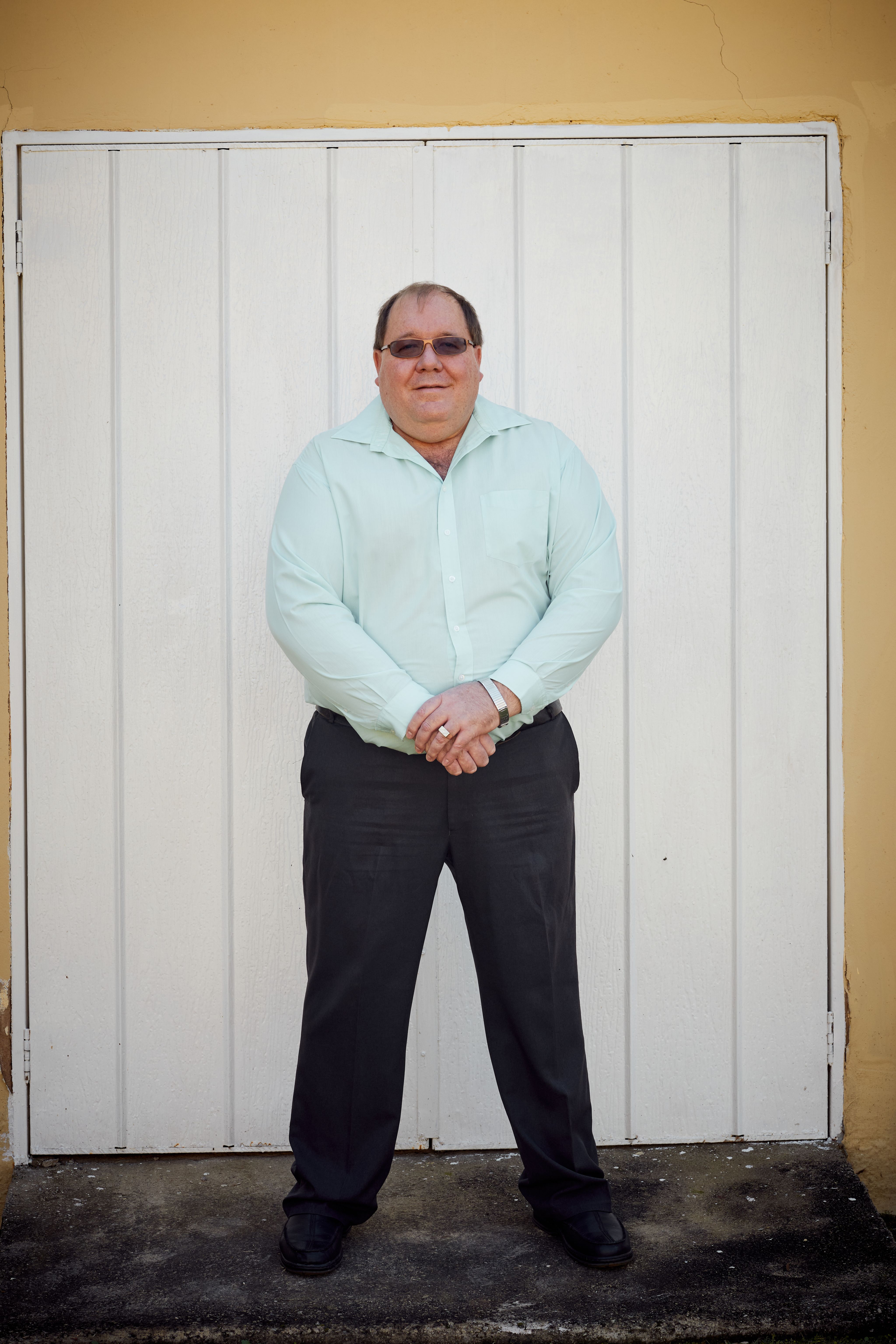
When soon-to-be retiree Johan applied for the Money Makeover Challenge, a large percentage of his salary went to debt repayments. Even with spending cuts, he would struggle to continue to meet his debt obligations. He could not achieve his goal of being debt-free by retirement unless he took the drastic step of debt review.
Like many South Africans, Johan was caught in a debt spiral. The more debt he took on, the less was available to meet living expenses, and so he continued to take on more debt to pay the bills.
For several years, he and his wife had relied on access to their home loan to make ends meet. But, once the term of the home loan came to an end, it cut off access to relatively inexpensive debt. Rather than cutting back, the couple took on shorter-term debt, including credit cards and personal loans.
When Johan read about the Money Makeover Challenge, he realised he had to act now, before retirement. Working with Absa adviser Takalani Badugela, and he and his wife have found an additional R4 000 a month through cutting expenses.
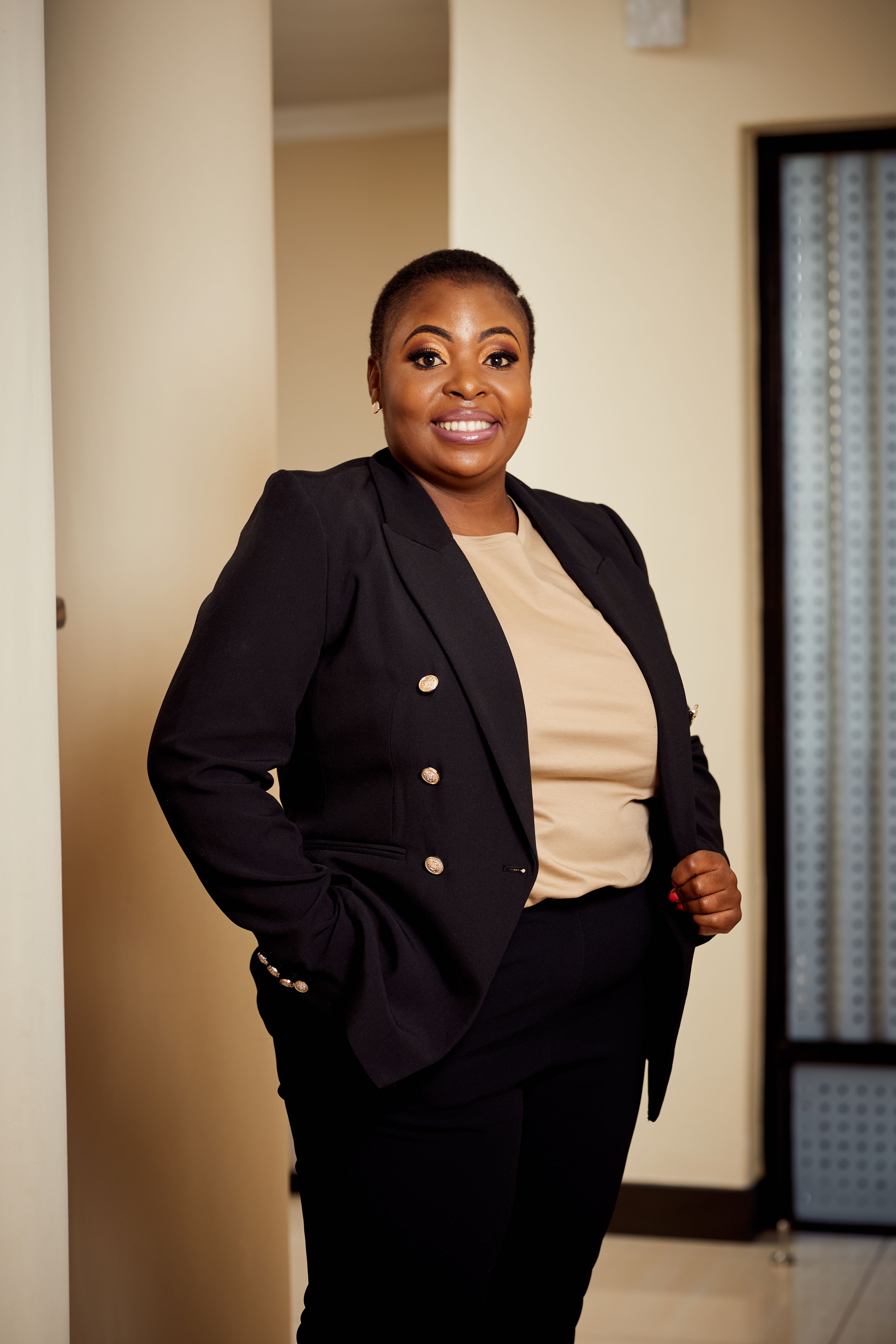
Despite these savings, the Absa credit team agreed that formal debt review would be the only option for Johan to settle his debts before retirement. Johan agreed to enter debt review and he may not take on any further credit until all his debts are settled. Working with debt counsellor David O’Brien of Meerkat, Johan’s monthly debt obligations have reduced by 45%. His debts will be fully paid within 61 months and Johan will be free of debt by June 2028.
This is only possible because he was able to negotiate lower interest rates through the debt review process. His average interest rate across all debt was reduced from 21.56% to just 0.09%. This, combined with his spending cuts, means he will have an opportunity to prepare financially for retirement.
“I am a bit overwhelmed; I am also very excited and positive at the same time. I cannot wait to be debt free,” says Johan, who admits that it was daunting to go under debt review.
“I cut up all my credit cards as they will expire before my debt review is over. My biggest concern now is that I don’t have much of a safety net in place in case of emergency. This should change over the next couple of months as more cash becomes available”.
One of the key steps required of all Money Makeover Challenge candidates is to build up an emergency fund so that they do not need to use credit in an emergency. Johan is allocating some of his budget to build up a buffer on his monthly expenses.
What You Need To Know About Debt Review
During debt review, you cannot access any credit. You cannot exit debt review until all your debt is paid off, apart from your home loan. There is a restructuring fee to cover administration costs and the cost of the court application. This is a maximum of R8 000. This fee is paid in your first and second month in debt review through your monthly repayment, and creditors are paid from month three.
An “after-care fee” is paid monthly after month two and is equal to 5% of the distributable amount or up to R450, whichever is less. A reputable debt counsellor should add value by ensuring that the interest rate reduction achieved is greater than the fees incurred in the process.
Find out more about the contestants and their advisers here:
If you really want to get your finances in order, you have to start tracking your spending. If you cannot commit to that, it is unlikely you will be able to reach your goals.
City Press will follow the candidates’ progress on the first and third week of each month, as well as online on the Money Makeover page:
Follow the journey – and join in – @CPMoneyMakeover and #CPMoneyMakeover on Facebook and Twitter
Absa Enterprise Development assists SMEs with access to business development support, markets access and access to funding based on certain criteria’s being met. For further information on Absa Enterprise Development you can email ed@absa.africa
You can follow the story on social media #CPMoneyMakeover
Subscribe below for the Money Makeover Newsletter

